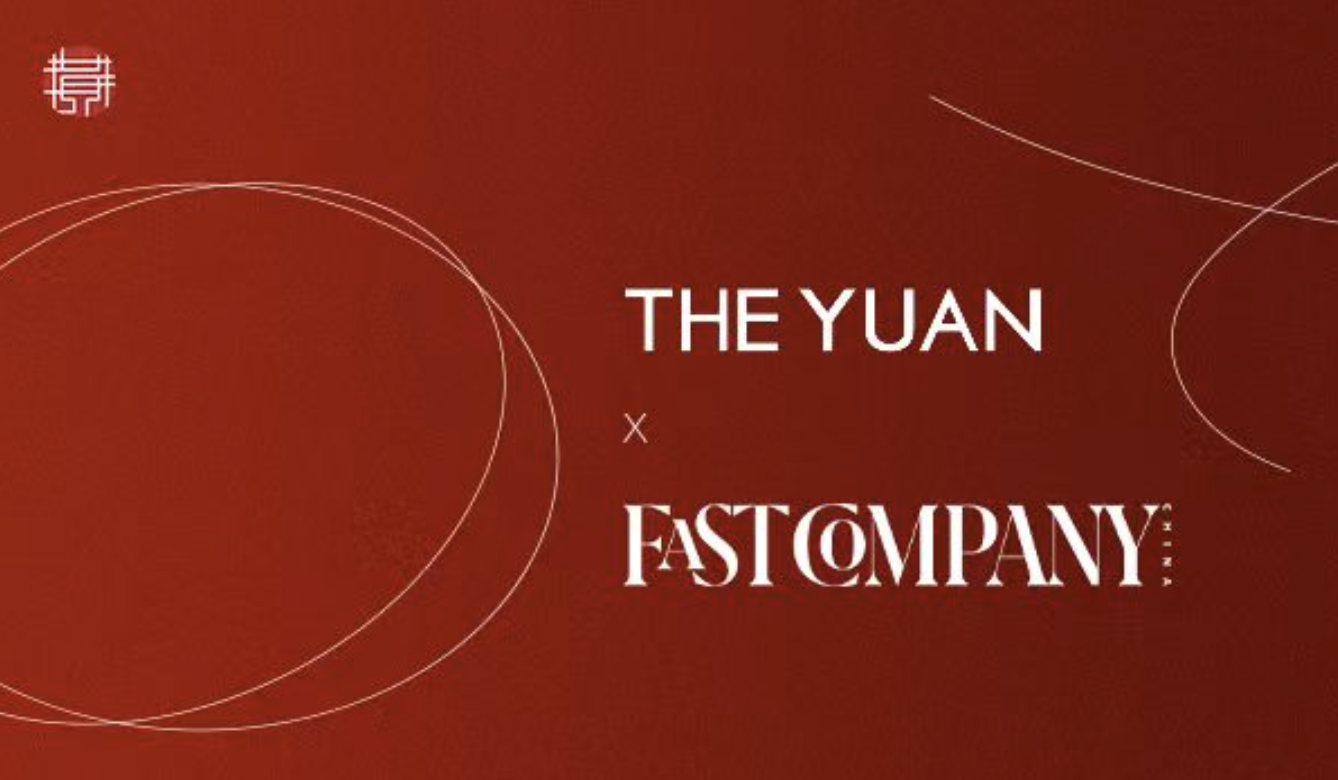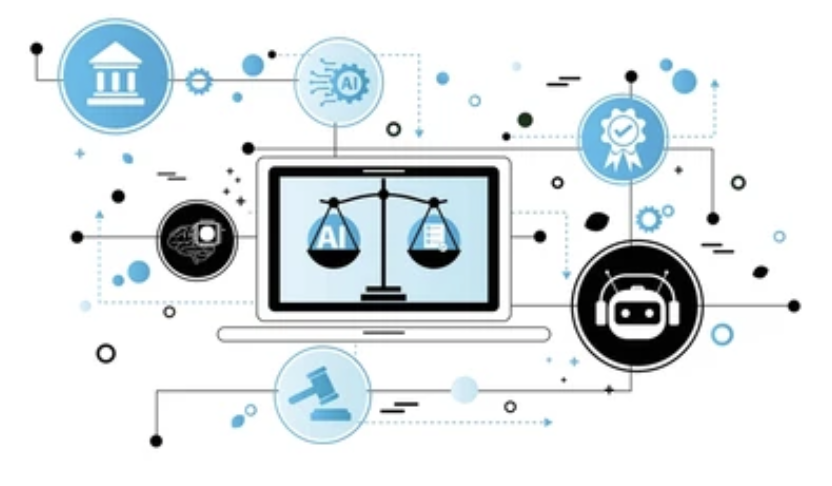


CHICAGO - With long-gestating antitrust cases against Google, Apple, and Amazon reaching fruition, many pundits think 2024 may be a turning point for Big Tech. Yet even as authorities press ahead with this litigation, they risk being blindsided by the rise of artificial intelligence (AI), which is more likely to reinforce Big Tech’s dominance of the economy, rather than the converse.
Many read the recent firing and rehiring of OpenAI Chief Executive Officer Sam Altman as a conflict between cautious board members worried over the risks of AI, and enthusiasts like Altman. The real significance of this episode, however, was its revelation of OpenAI’s relationship with the largest investor in its commercial operations - Microsoft. OpenAI’s nonprofit structure nominally puts it only under control of its board, which was forced to restore Altman after Microsoft’s expressed misgivings had instigated an employee revolt.
Microsoft is not just an investor in OpenAI - it is also a competitor. Both develop and sell AI products, though Microsoft stopped short of acquiring OpenAI to avert antitrust problems. This might not be enough, however - if Microsoft holds even partial control over OpenAI, the two companies may have an illegal collusive relationship. That is why the United States Federal Trade Commission and the United Kingdom’s Competition and Markets Authority are both investigating the matter.
The OpenAI-Microsoft relations are only a small part of a rapidly growing AI oligopoly. As a recent paper by two law professors - Tejas Narecha
The content herein is subject to copyright by Project Syndicate. All rights reserved. The content of the services is owned or licensed to The Yuan. The copying or storing of any content for anything other than personal use is expressly prohibited without prior written permission from The Yuan, or the copyright holder identified in the copyright notice contained in the content. Continue with Linkedin
Continue with Linkedin
 Continue with Google
Continue with Google









 1961 views
1961 views








